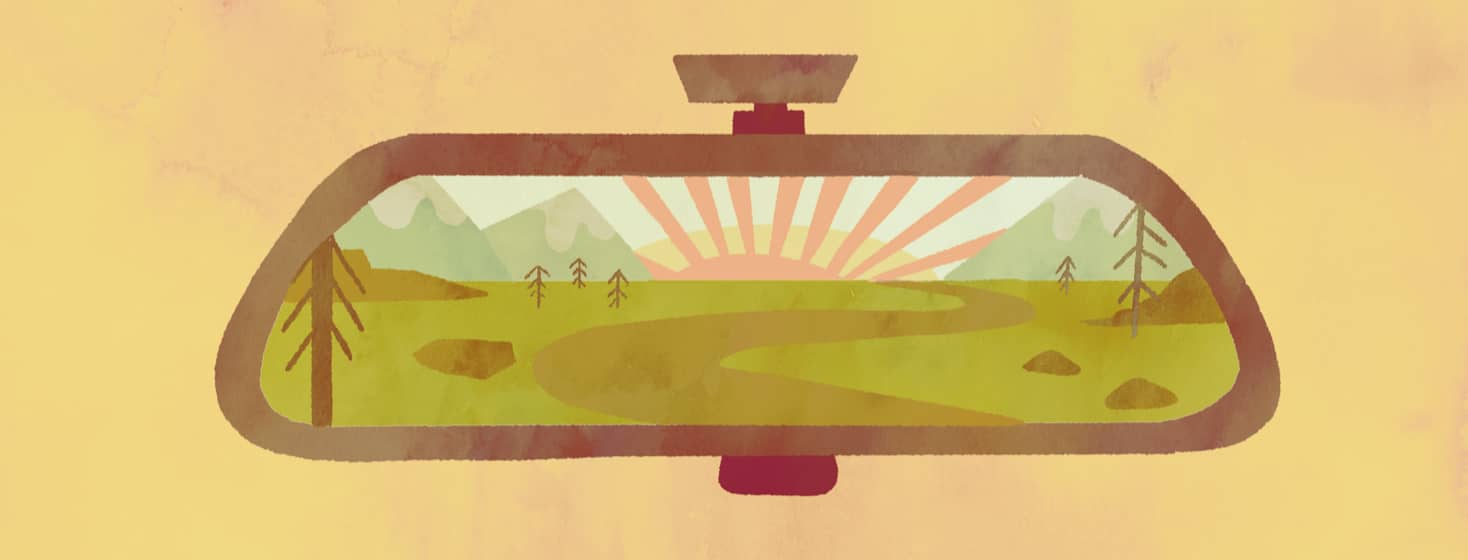What I Wish I Had Known When My Mom Was Diagnosed With Alzheimer's
My mom was diagnosed with Alzheimer's when I was only 25. At the time, I didn't know anyone who had the disease or had a loved one with the disease. I had never even met someone with Alzheimer's and had no idea what to expect. I didn't know anything about the disease itself other than that it involved memory loss that was not a part of normal aging.
Over the 10 years that my mom lived with Alzheimer's, I learned a great deal. There are so many things I wish I had known back when she was diagnosed, but the information was not readily available at the time.
You learn the most from having personal experience with the disease, which is why other caregivers are often the best resource. So, from one caregiver to another, here are a few things I wish I had known when my mom was diagnosed with Alzheimer's.
It's more than memory loss
My mom experienced short-term memory loss, but she also forgot how to do things she had done every day. She forgot the words for common things and how to have a conversation. She forgot how to clean her house and do the laundry. She forgot how to bathe, dress, and feed herself. She eventually forgot how to stand up and walk.
She also had significant behavior changes. She went from being a social butterfly to being withdrawn, standoffish, and suspicious of certain people.
Featured Forum
View all responsesWhat I wish I had known
When my mom received her diagnosis, it felt like a death sentence.
I thought things would change immediately, but for the first several months or even the first couple of years, not much changed. While there were times of sudden drastic change, I would say it was mostly a slow, steady progression rather than a sudden, steep decline in our experience with Alzheimer's, at least.
Changing my perspective
The first few years after my mom's diagnosis, it was hard for me to accept. I focused mainly on myself and what I had lost. I often thought, "Why bother?" when it came to spending time with my mom or doing things for her.
Over time, I realized that although my relationship with my mom would never look how I had always pictured it, I could still have a relationship with her. It would be a different kind of relationship, but it would be equally beautiful and meaningful.
By making my mom the focus instead of myself, I was able to bring her joy, dignity, and purpose. We were able to forge a bond that is deeper than most mothers and daughters. I always think about all of the love I would have missed out on if I wasn't able to change my perspective and stop making it all about myself.
The only way to get through it is one day at a time
No 2 people with Alzheimer's are exactly the same, and no 2 people experience the disease in the same way. This breeds a lot of uncertainty, and the journey is nothing, if not unpredictable.
The only way to get through it is to live one day at a time. You can plan for the future, but it should be an open plan because things constantly change with this disease. It definitely teaches you to be more mindful and live in the present moment because that's all you have.
If you are on this journey with your loved one, I hope this helps and keeps you from learning everything the hard way.

Join the conversation